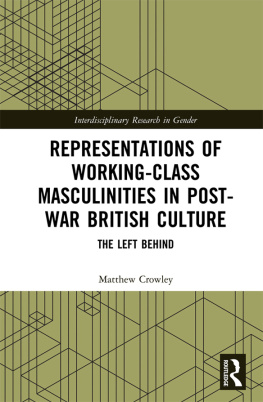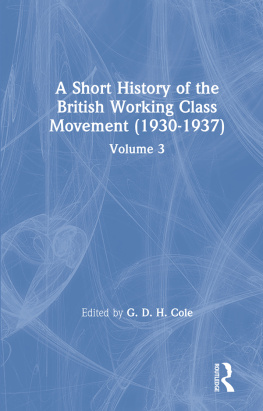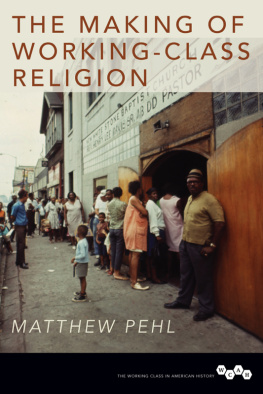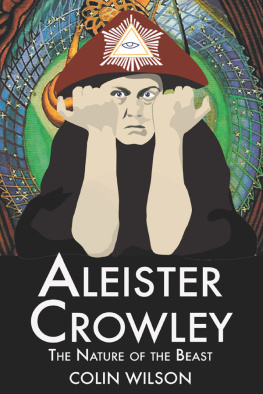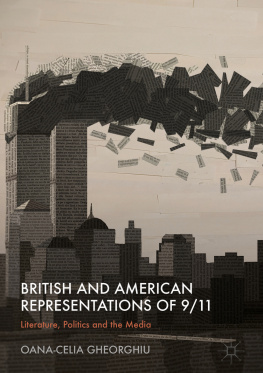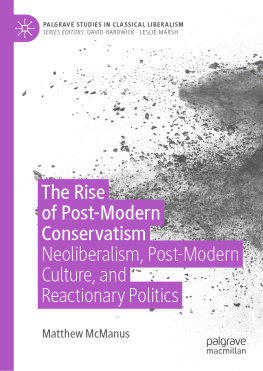Representations of Working-Class Masculinities in Post-War British Culture
This book presents an analysis of representations of white, heterosexual, working-class masculinities in British culture between 1945 and 1989 to trace the development of the sociocultural and material conditions that shaped the masculinities which are helping to shape contemporary culture.
This book seeks to fan the spark of hope in the past that informs our present. The period which saw the establishment of the welfare state and the construction and breakdown of the post-war consensus in British politics was of great significance in the formation and maintenance of working-class masculinities and their correspondent representations. The author engages with a variety of cultural texts across various modes and media including films (Alfie), plays (Dont Look Back in Anger), television (Boys from the Blackstuff), and music (The Beatles), and employs the analysis of the representation of working-class masculinities as a lens through which to examine a range of historical and cultural moments. This book reinstates class as a central precept in the study of British cultural representations and offers a timely intervention in ongoing debates around class and gender identities in Britain.
The book will be key reading for students and researchers with interests in twentieth-century social and cultural British history, masculinities and gender studies, twentieth-century British literature, British television, and cultural studies more broadly.
Matthew Crowley is a London-based writer and researcher. He was educated at Myrtle Springs School, Sheffield, before studying at Central Saint Martins and Birkbeck College in London. Matthew was awarded his PhD from the University of Brighton.
Interdisciplinary Research in Gender
Ungendering Technology
Women Retooling the Masculine Sphere
Carol J. Haddad
Ageing and Contemporary Female Musicians
Abigail Gardner
Sexual Violence and Humiliation
A Foucauldian-Feminist Perspective
Dianna Taylor
Gender, Sexuality and the Cultural Politics of Mens Identity in the New Millennium
Literacies of Masculinity
Robert Mundy and Harry Denny
Drag, Interperformance, and the Trouble with Queerness
Katie Horowitz
Re-writing Women as Victims
From Theory to Practice
Maria Jos Gmez Fuentes, Sonia Nez Puente and Emma Gmez Nicolau
Cultural Reflections of Medusa
The Shadow in the Glass
Jennifer Hedgecock
Representations of Working-Class Masculinities in Post-War British Culture
The Left Behind
Matthew Crowley
www.routledge.com/Interdisciplinary-Research-in-Gender/book-series/IRG
Representations of Working-Class Masculinities in Post-War British Culture
The Left Behind
Matthew Crowley
First published 2020
by Routledge
2 Park Square, Milton Park, Abingdon, Oxon OX14 4RN
and by Routledge
52 Vanderbilt Avenue, New York, NY 10017
Routledge is an imprint of the Taylor & Francis Group, an informa business
2020 Matthew Crowley
The right of Matthew Crowley to be identified as author of this work has been asserted by him in accordance with sections 77 and 78 of the Copyright, Designs and Patents Act 1988.
All rights reserved. No part of this book may be reprinted or reproduced or utilised in any form or by any electronic, mechanical, or other means, now known or hereafter invented, including photocopying and recording, or in any information storage or retrieval system, without permission in writing from the publishers.
Trademark notice: Product or corporate names may be trademarks or registered trademarks, and are used only for identification and explanation without intent to infringe.
British Library Cataloguing-in-Publication Data
A catalogue record for this book is available from the British Library
Library of Congress Cataloging-in-Publication Data
Names: Crowley, Matthew, 1980 author.
Title: Representations of working-class masculinities in post-war British culture: the left behind / Matthew Crowley.
Description: Milton Park, Abingdon, Oxon; New York, NY: Routledge, [2020] | Series: Interdisciplinary research in gender | Includes bibliographical references and index.
Identifiers: LCCN 2019044848 (print) | LCCN 2019044849 (ebook) |
ISBN 9780367181543 (hardback) | ISBN 9780429260094 (ebook) |
ISBN 9780429522246 (adobe pdf) | ISBN 9780429535710 (epub) |
ISBN 9780429550416 (mobi)
Classification: LCC P96.M385 C76 2020 (print) |
LCC P96.M385 (ebook) | DDC 791.43/653dc23
LC record available at https://lccn.loc.gov/2019044848
LC ebook record available at https://lccn.loc.gov/2019044849
ISBN: 978-0-367-18154-3 (hbk)
ISBN: 978-0-429-26009-4 (ebk)
Typeset in Bembo
by Newgen Publishing UK
For my boys, Wolfe and Jude
Contents
Thank you to Michael Hastings, Deborah Philips, Katy Shaw, Liam Connell and Andrew Hammond, Stuart Laing, David Forrest, Ken Worpole, David Moxon, my parents, and my partner Fiamma.
Parts of were previously published as Angry Young Men? A Product of Their Time in The 1950s: A Decade of Contemporary British Fiction (2018).
Walter Benjamin wrote Theses on the Philosophy of History while fleeing Nazi persecution. The essay addresses Benjamins fears over the totalising effect of a historicism that presents history as a linear continuum of progress. In it Benjamin states that
nothing that has ever happened should be regarded as lost for history. [] In every era the attempt must be made anew to wrest tradition away from a conformism that is about to overpower it. [] Only that historian will have the gift of fanning the spark of hope in the past who is firmly convinced that even the dead will not be safe from the enemy if he wins.
(1999: 2467)
This book seeks to fan the spark of hope in the past that informs our present. All too often this past has been presented as an inevitable continuum, a procession of events for which there was no alternative. Britain is currently living through a period in which a new conformism is looking to overpower fundamental aspects of our sociocultural structures in the formation of a new tradition. This shift can be attributed, in no small part, to the disillusionment and disenfranchisement of large sections of Britains working-class men. The history that is presented here uses the analysis of representations to trace the sociocultural and material conditions that shaped the working-class masculinities which are helping to shape our contemporary culture.
When my grandfather joined the Royal Engineers in 1941 he was twenty years old. Before his enlistment he worked as a rough grinder in Sheffields steel works. The furthest he had travelled from home was to Wolverhampton to watch Sheffield United play Wolves. By the time my grandfather returned home and, of course, he was lucky to do so as there were many who did not he had been part of the British Liberation Army which had fought from Normandy, through France, Belgium and the Netherlands, and into Germany. My grandfathers service continued until 19 October 1946, when he was finally downgraded to Z-Class reservist. On 18 October 1945 he had been given leave to marry my grandmother, but the following day was shipped to Palestine as part of the Middle East Land Force, where he remained until 31 July the following year. After his death in 2003 it emerged that my grandfathers war had taken him through Arnhem and Bergen-Belsen. These were stories that he never told.


